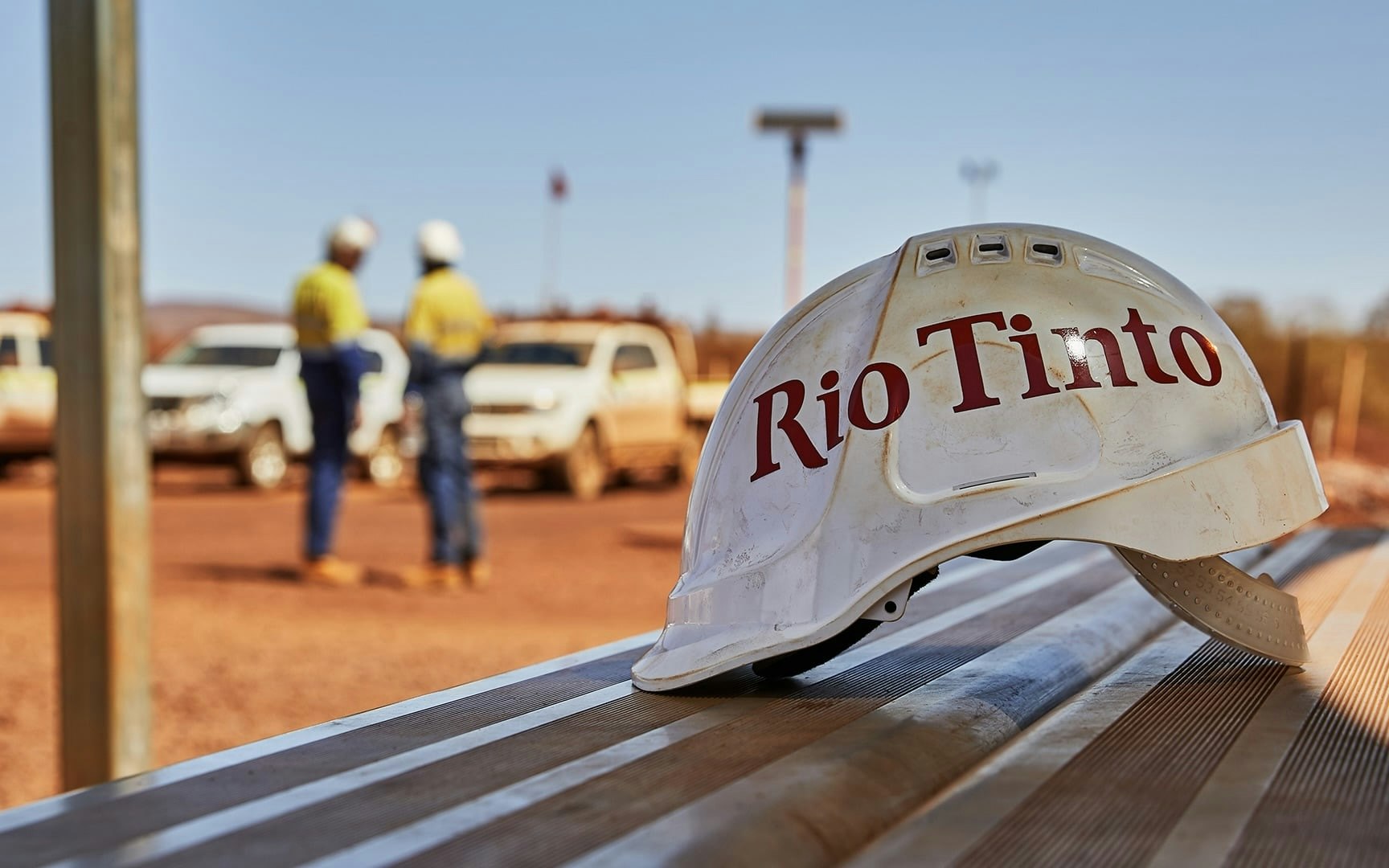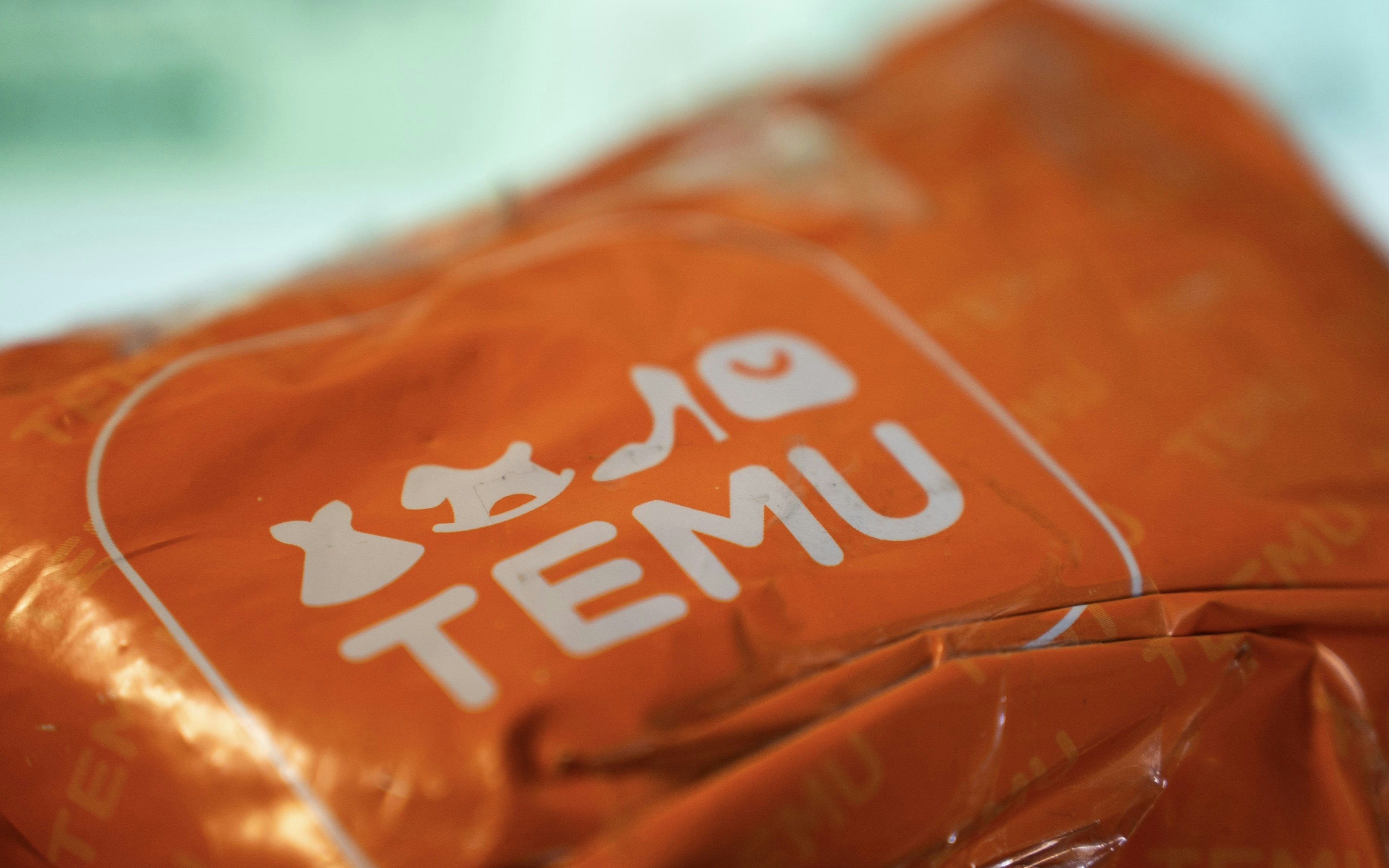Business
Resistance against Rio Tinto's lithium project grows: Thousands protest in Belgrade
Despite the economic promises of the Serbian government, the lithium mining project by Rio Tinto is facing massive public resistance.

Thousands of activists gathered in Belgrade on Sunday evening to protest against the controversial lithium mining project by Rio Tinto. The project, which the Serbian government views as crucial for the country's economic growth, faces fierce opposition from environmentalists and local residents who fear the destruction of the Jadar region.
The demonstration was organized by the environmental group Eco Guard, which had already shaken the project in the past through blockades and mass protests. "These protests send a clear political message: There will be no lithium mining," declared Savo Manojlovic, a leading activist of the movement, who had already paralyzed parts of the country through mass blockades in 2022, forcing the government to temporarily halt the project.
The Serbian government under President Aleksandar Vučić revived the project this year, securing support from European leaders such as German Chancellor Olaf Scholz and major European car manufacturers. Lithium, an essential component of batteries for electric vehicles, could, according to government estimates, increase Serbia's gross domestic product by 10 to 12 billion euros annually.
Despite these economic prospects, there are widespread concerns among the population. Recently, tens of thousands of people gathered in Belgrade and other cities across the country to protest against the project, which experts say could cause significant environmental damage. In some cases, activists occupied train stations to build on the previous blockades of highways and bridges that led to the temporary abandonment of the project in 2022.
While there were no arrests on Sunday, numerous organizers have been searched by the police in their homes and charged with "violent subversion of the constitutional order" since the protests began last month – a crime that can be punished with up to 15 years in prison. Eco Guard condemned this repression, calling it a threat to fundamental human and civil rights.
President Vučić apparently sees the lithium project as a prerequisite for the survival of his authoritarian regime, as economist Aleksandar Matković explained in an essay. Matković received death threats after publishing his essay, which only ceased when he made the case public and forced the police to take action.
The activists remain determined to stop the project, however. "There will be no mines," they declared in a post on August 15th, in which they announced further protest actions. The government in Belgrade has not yet commented on the protests, but resistance to the lithium project continues to grow.









